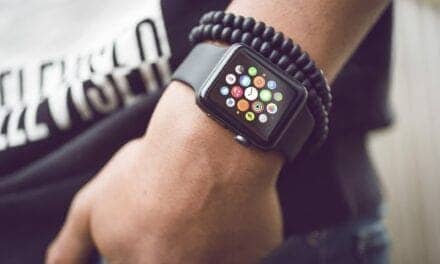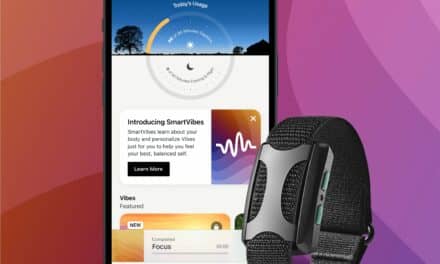Beacon Biosignals, a computational neurodiagnostics and electroencephalogram (EEG) analytics company, has acquired the research and development business of Dreem, a Paris-based at-home sleep monitoring company.
The acquisition allows Beacon to launch at-home sleep monitoring services for clinical trials via the integration of Dreem’s clinically-validated hardware with Beacon’s next-generation EEG analytics platform, according to a release from Beacon Biogsignals.
“We are excited to announce the acquisition of Dreem, which marks a significant step forward in our mission to rapidly advance precision medicines for the brain,” says Jacob Donoghue, MD, PhD, CEO of Beacon Biosignals, in a release. “It has always been our vision to expand clinical-grade brain monitoring to usher in the era of precision therapies in sleep medicine and the most difficult-to-treat neuropsychiatric conditions. There’s no substitute for recording directly from the brain, and the Dreem device will accelerate Beacon’s scale-up of validated sleep endpoints across a wide range of clinical trials.”
Founded in 2014 and backed by over $57 million in funding, Dreem’s sleep monitoring technologies have been used to record over two million nights of sleep. As part of this acquisition, Beacon Biosignals secured an undisclosed financing round with participation from its syndicate of Series A investors, led by General Catalyst.
Dreem’s most advanced headset, Dreem 3, is a patient-centric sleep headband that has been deployed in numerous biopharma-sponsored clinical studies and has been clinically validated against standard polysomnography. The lightweight, low-profile Dreem 3 device is engineered to optimize EEG signal quality, patient comfort, and operational efficiency.
From its founding in 2019, Beacon Biosignals has engineered a machine-learning platform designed to interrogate large EEG datasets. Sleep physiology has emerged as a critical use case for quantitative EEG-based biomarkers to accelerate drug development in sleep medicine, psychiatric disorders, and neurologic disease.
In addition to serving as accepted endpoints for primary hypersomnia and insomnia disorders, quantitative sleep metrics are emerging as secondary, or in some cases primary, endpoints for psychiatric conditions with disordered sleep physiology, such as major depressive disorder. Disordered sleep physiology is also increasingly recognized for its potential causal role in neurodegenerative disorders. In addition to its role as a formal endpoint, disordered sleep symptoms are highly linked to patient quality of life and patient-reported outcomes.
Direct assessment of neuronal activity with EEG is the clinical gold standard, significantly outperforming surrogate assessments such as actigraphy. Beacon’s platform excels in sleep EEG analytics, providing macroarchitecture assessments via automated sleep scoring and intricate microarchitecture analysis of features like arousals and spindles—delivering deep insights into sleep quality, according to a release from the company. At-home, longitudinal monitoring is positioned to progress the underlying science of sleep physiology beyond what is possible with limited assessments in an unnatural sleep lab setting.
“We are excited to join Beacon Biosignals and propel the Dreem device into a new era of impact, unlocking the potential for revolutionary advancements in clinical trials and treatments for disorders like narcolepsy, Alzheimer’s disease, schizophrenia and beyond,” says Pierrick Arnal PhD, Dreem’s chief science officer, in a release.
Photo caption: Dreem 2 sleep monitoring headband





